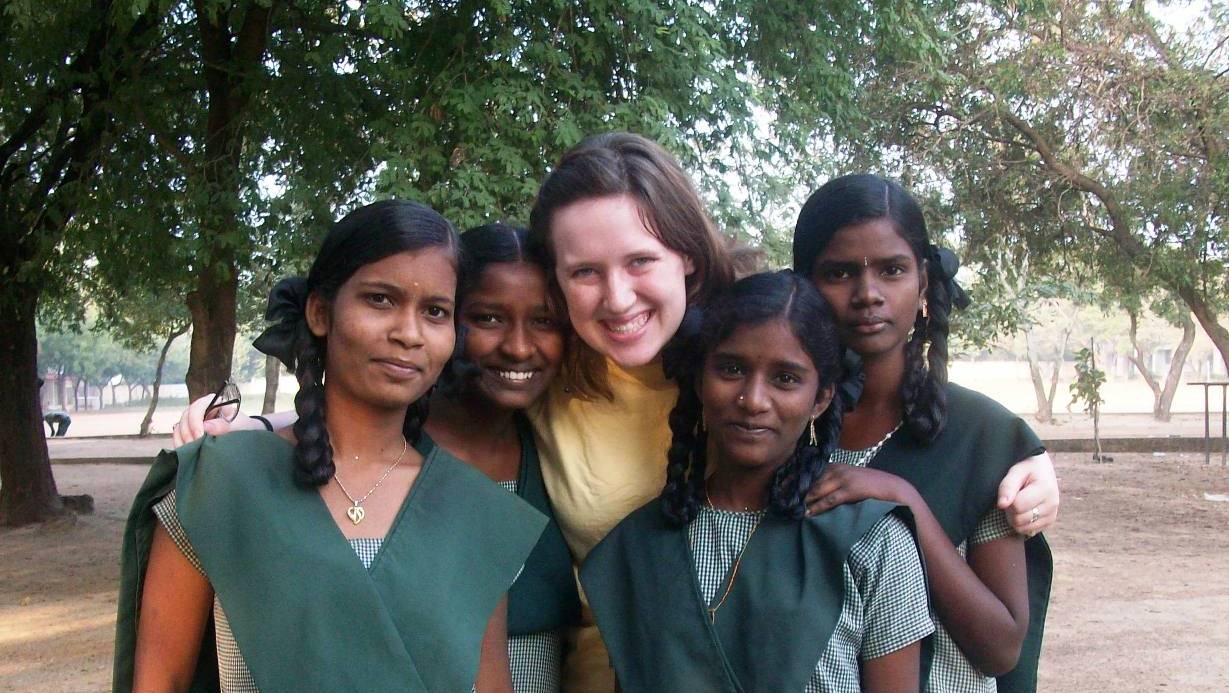
“Solidarity is a combination of both empathy and understanding”
I recently returned from an immersion trip to New Orleans, my second immersion experience but my first domestic trip. As the student leader for the trip, I spent a great deal of time preparing our group for what to expect, but the actual word ‘solidarity’ was never brought up in our pre-trip meetings. I think that many of the general concepts of solidarity were touched upon, but the word itself is hard to define and therefore hard to teach. I am a firm believer that ‘solidarity’ is one of those rare words that can take a unique shape depending on the individual experience.

“They wound up teaching me more than I could ever possibly teach them”
This past January, I was blessed with the opportunity of a lifetime; I embarked on my first-ever international service-immersion experience, which was organized by the campus ministry office of my primary undergraduate institution (Canisius College in Buffalo, New York). This experience enabled twelve Canisius College students and two Canisius College professors to live alongside the Dalit (also referred to as the “Untouchables”) for two weeks in the province of Tamil Nadu in southern India.

“It is the common thread of humanity that eternally connects us all”
Technically speaking, the word “solidarity” means “the feeling or expression of union in a group formed by a common interest”. While preparing for my two week service-immersion trip to Southeastern India, that term was thrown around in discussion quite a lot. The leaders proclaimed it as a “cornerstone” upon which we were to base our trip. Going into the experience, I had such a basic dictionary definition of the word and essentially nothing else. Yes, I knew that I was going to form bonds with the people with whom I worked and interacted; however, after actually going through this magnificent experience, I now fully comprehend the meaning of this term.

